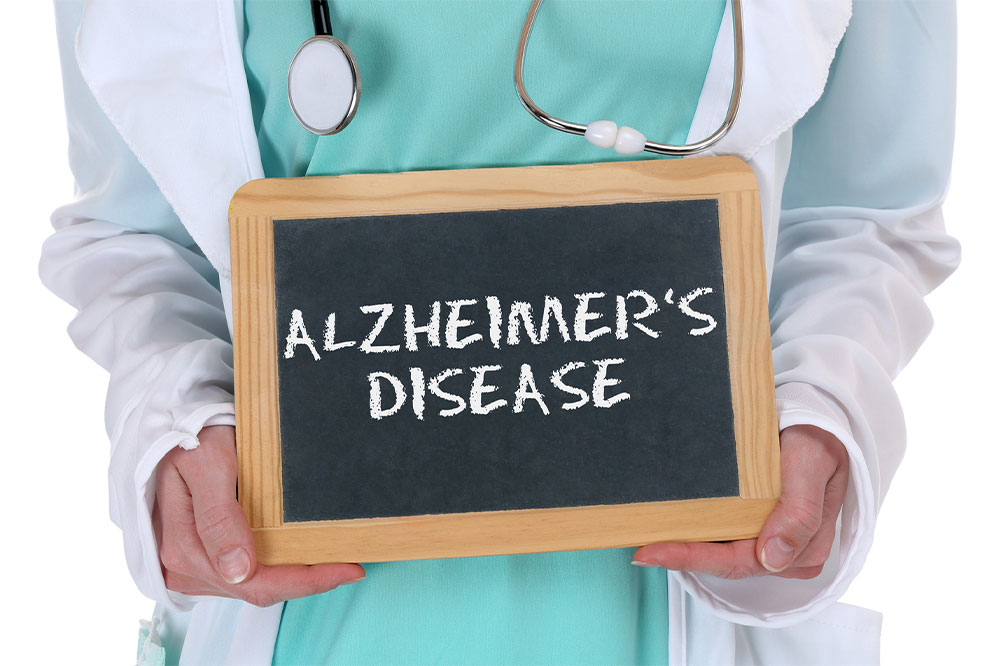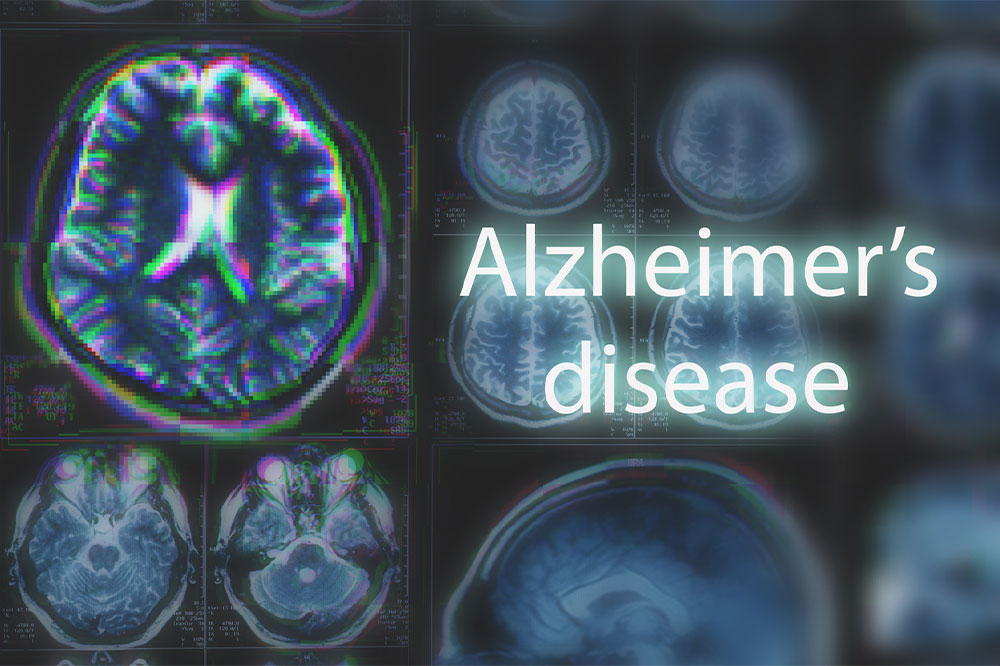Identifying the Early Signs of Alzheimer’s Disease: A Comprehensive Guide for Early Detection
Discover the comprehensive signs of early Alzheimer’s disease, from memory lapses to behavioral changes. Early detection is key to managing symptoms, prolonging independence, and improving quality of life. Learn how to recognize the warning signs and seek professional diagnosis for timely intervention. This detailed guide emphasizes the importance of awareness and early diagnosis in tackling Alzheimer’s, offering insights into symptoms, progression, and available treatments to support affected individuals and their families.

Identifying the Early Signs of Alzheimer’s Disease: A Comprehensive Guide for Early Detection
Memory plays a fundamental role in defining who we are, shaping our identity through past experiences and lessons learned over the years. When memory loss begins to surface, it can severely impact an individual’s daily life, independence, and emotional well-being. Recognizing the early indicators of Alzheimer’s disease is crucial for timely intervention and effective management of the condition. Early detection can significantly slow disease progression, improve quality of life, and help families plan accordingly.
Alzheimer’s disease is a complex neurodegenerative disorder characterized by progressive cognitive decline. It is currently the most common cause of dementia worldwide, impacting millions of individuals and their families. As of recent estimates, nearly 30 million people were living with Alzheimer’s globally, a figure expected to rise as populations age. Despite its prevalence, Alzheimer’s remains a challenging disease both medically and emotionally, emphasizing the importance of awareness and early recognition.
This disease develops gradually over several years, with initial symptoms often subtle and easy to overlook. Understanding the early warning signs can lead to earlier diagnosis, which offers the best chance for symptom management, delaying severe disability, and providing patients and families with vital planning time.
The typical progression of Alzheimer’s disease spans approximately 3 to 9 years, starting with mild cognitive impairments that gradually worsen over time. Recognizing the transition from normal aging to early Alzheimer’s symptoms can be lifesaving and crucial for early intervention.
Initial Warning Signs:
The earliest indicator often involves difficulty recalling recent events or information. Individuals may struggle to remember appointments, conversations, or where they placed everyday objects. As these initial symptoms develop, other cognitive and behavioral changes become more apparent, including:
Memory lapses regarding recent experiences: Forgetting recent conversations, appointments, or the names of familiar people and objects is a common early sign.
Challenges in planning or organizing: Difficulty creating plans, following steps in a recipe, or managing complex tasks such as bill payments or scheduling.
Decline in performing routine activities: Forgetting how to use household appliances, drive to familiar places, or perform daily hygiene tasks.
Language and communication issues: Struggling to find the right words, repeating phrases, or experiencing difficulty following conversations.
Social withdrawal: Reduced interest in social interactions, hobbies, and previously enjoyed activities due to confusion or embarrassment.
Changes in personality and mood: Increased paranoia, anxiety, depression, agitation, or even hallucinations as the disease progresses.
Disorientation: Getting lost in familiar places, losing track of dates or the passage of time.
Visual and spatial difficulties: Having trouble judging distances, recognizing colors, or focusing on objects, which can lead to falls or accidents.
Misplacing essential items: Frequently losing keys, glasses, or wallets and being unable to retrace steps to locate them.
Impaired judgment and neglect of personal care: Making poor decisions about personal hygiene, neglecting grooming, or showing decreased awareness of safety issues.
These early signs tend to be mild and easily misunderstood as normal aging, but if they persist or intensify, they warrant professional evaluation. As the disease advances, cognitive decline accelerates, leading to significant impairments in daily functioning and independence. During later stages, individuals may lose the ability to communicate, perform basic self-care, and control bodily functions. Other health complications such as weight loss, infections, seizures, and mobility issues may also occur.Early diagnosis of Alzheimer’s is essential because it allows for tailored treatment plans that can slow symptom progression and enhance quality of life. While no cure currently exists, a combination of medications, therapies, lifestyle adjustments, and support services can help manage symptoms effectively. Consulting a healthcare professional specialized in cognitive disorders is vital for accurate diagnosis and comprehensive care planning.
Treatment Options and Prognosis
Despite the absence of a definitive cure, multiple therapeutic approaches can improve patient comfort and functionality. Medications such as cholinesterase inhibitors and NMDA receptor antagonists can temporarily boost cognitive function or slow decline. Psychological support, occupational therapy, and cognitive stimulation are equally important for maintaining independence and emotional well-being.
Regular health assessments are critical in tracking disease progression and adjusting treatment strategies. The average life expectancy post-diagnosis ranges from 8 to 10 years, but this varies widely depending on individual health conditions and support systems. Recognizing early signs empowers patients and their families to make informed decisions regarding care, safety, and future planning. Early intervention can significantly reduce distress and foster a supportive environment for those affected.
In conclusion, understanding and recognizing the early indicators of Alzheimer’s disease can have profound impacts on the management, care, and quality of life for individuals affected by this progressive condition. Raising awareness, conducting timely assessments, and seeking professional guidance are paramount steps in battling this challenging neurological disease and helping maintain dignity and independence for as long as possible.





